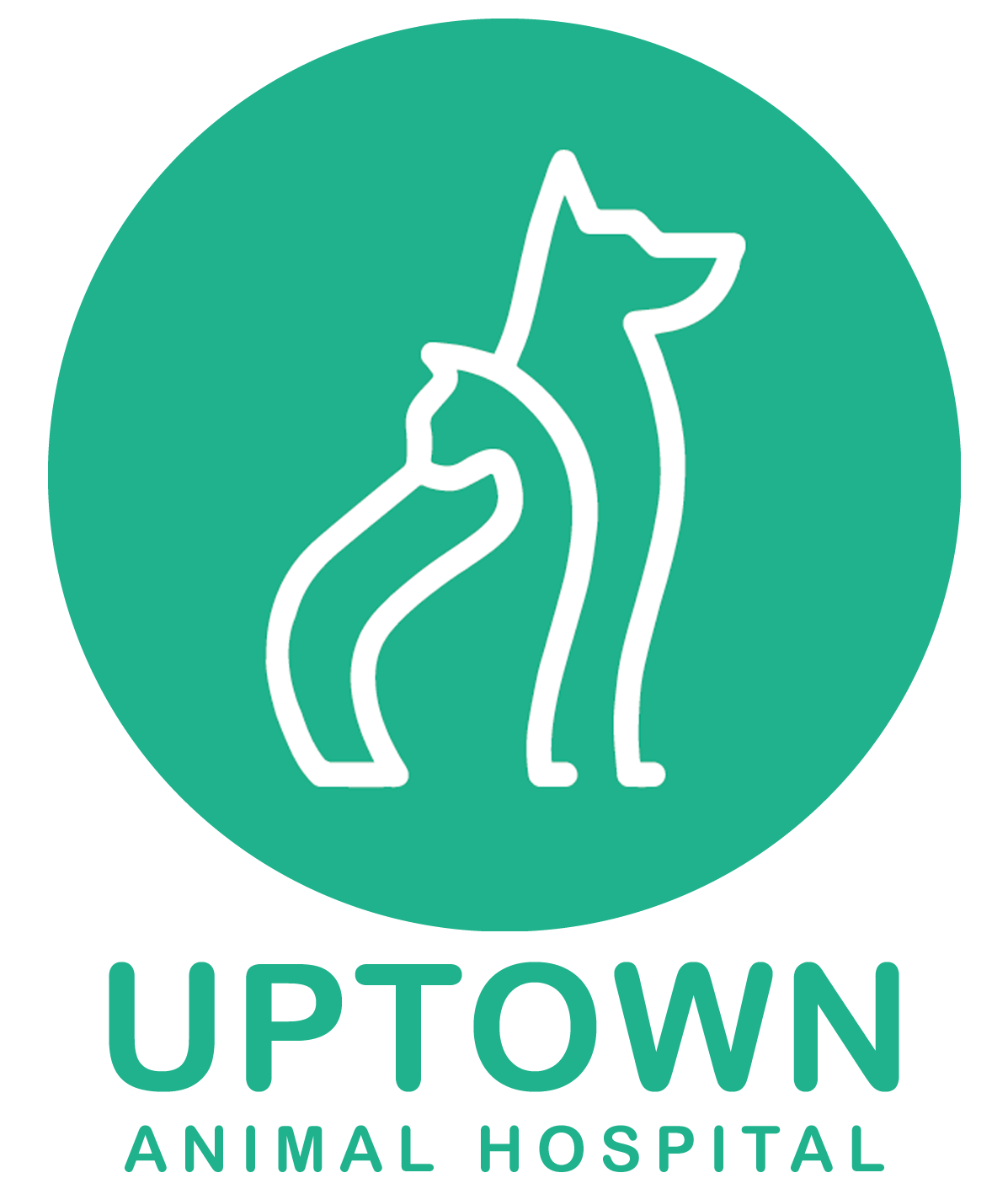Library
-
Erythromycin ophthalmic is an antimicrobial medication used to treat certain types of eye infections. It may be used “off label” or “extra label” to treat other eye conditions. Erythromycin ophthalmic comes in ointment form. Caution when using this medication in pocket pets as fatal diarrhea may occur if ingested orally.
-
Erythromycin is given by mouth or injection and is used off label to treat bacterial infections and gastrointestinal motility problems in many animal species. Do not use in pets that are allergic to it, have liver disease or dysfunction, or in pets such as rabbits, gerbils, guinea pigs, or hamsters.
-
Fluoxetine is given by mouth and is used on and off label to treat various behavioral conditions. Common side effects include sleepiness and decreased appetite. If a negative reaction occurs, call your veterinary office.
-
Furosemide is given by mouth or injection and is used on and off label to treat many conditions, including congestive heart failure and fluid retention. Common side effects include increased urination, diarrhea, or constipation. Do not use in pets that are allergic to it or in those that are unable to make urine.
-
Gemfibrozil is a medication prescribed off-label by veterinarians to treat high levels of fat (lipids) in the blood of dogs and cats when dietary modifications have not been effective. Occasionally, it is also used in birds for the same purpose. As a relatively new drug in veterinary medicine, its benefits, side effects, and adverse effects are still being determined.
-
There are multiple methods of inheritance that determine which characteristics (or phenotypes) are displayed by the offspring, including autosomal dominant, autosomal recessive, and sex-linked inheritance. There are also many polygenic traits (i.e., associated with multiple genes) as well as environmental factors that make it much more complicated to predict disease or the likelihood of passing disease onto offspring.
-
Chickens are fun, playful, friendly small pets, and they can be very enjoyable both in an outdoor or indoor environment. Like all small pets, chickens require the proper diet, protection from predators, and room to move around. This handout discusses general housing, nutrition, and health care for chickens.
-
Home renovation can be arduous for every member of the household. Awareness of possible construction site problems will help homeowners avoid pet-related issues. A little planning can make the renovation process run more smoothly everyone.
-
If your pet had an emergency crisis, how would you manage it? Ask your veterinary hospital how they handle after-hour emergencies. Use this handout to help you plan ahead and be prepared in the event of a pet health emergency.
-
Hydroxyzine is given by mouth or injection and is used off label to treat allergic or itchy conditions. Give as directed. The most common side effect is sedation. Do not use in pets that are allergic to it or cetirizine, or pets that have heart failure, urinary obstruction, or stomach obstruction. If a negative reaction occurs, please call your veterinary office.


